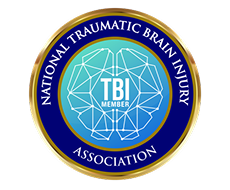How Delayed Symptoms After a TBI Affect Liability and Case Strategy
Traumatic brain injuries (TBIs) are unique among personal injury cases because symptoms often do not appear immediately after the incident. Instead, cognitive, emotional, or physical impairments may emerge days or even weeks later. This delay complicates both liability determinations and the legal strategy needed to prove the full extent of damages. Understanding how delayed symptom onset affects a case is critical for attorneys, medical professionals, and clients navigating these complex claims.
One of the primary challenges is establishing causation. Insurance companies frequently argue that delayed symptoms indicate an alternative cause rather than the accident itself. For example, headaches, dizziness, memory issues, or mood changes that appear a week after a car crash may be dismissed as unrelated or attributed to stress. Because of this, attorneys must work closely with medical experts who can explain the well-documented mechanisms of TBIs—especially concussions and diffuse axonal injuries—and how they may present with delayed or fluctuating symptoms. Expert testimony can help bridge the gap between the injury event and the eventual manifestation of symptoms, reinforcing that delayed onset does not negate a causal connection.
Delayed symptoms also influence liability arguments, especially when defendants claim the plaintiff did not seek immediate medical attention. It is a common misconception that all serious injuries present right away. When clients delay treatment because they “felt fine” at the scene, defense teams may try to portray them as exaggerating or manufacturing problems later. To counter this, attorneys must develop a narrative supported by medical literature and witness accounts showing that the plaintiff’s delayed response was typical for TBIs, not evidence of deception. Emphasizing the initial shock or adrenaline after an accident can also help explain why early symptoms might have been minimized or overlooked.
Case strategy becomes even more nuanced when delayed symptoms impact the plaintiff’s daily functioning or employment over time. What begins as a mild concussion may evolve into chronic headaches, concentration issues, or emotional instability that significantly disrupts life. Because these conditions may not be fully understood until months after the injury, attorneys should resist early settlement. Rushing a case before the full scope of the injury is known can result in compensation that fails to cover long-term needs such as rehabilitation, therapy, or workplace accommodations. Instead, it is often advantageous to extend the investigative period, collect detailed medical records, and track symptom progression under the guidance of neurologists and neuropsychologists.
Moreover, delayed symptoms underscore the importance of documenting everything—from initial medical evaluations to journal entries describing daily struggles. This documentation provides a timeline that supports the legitimacy of the symptoms and counters defense claims of fabrication. It also helps quantify damages more accurately, particularly in cases involving long-term cognitive impairment or emotional trauma.
In sum, delayed TBI symptoms complicate but do not weaken a personal injury claim. When approached with thorough medical support, strategic timing, and clear documentation, these cases can demonstrate the true—and often underestimated—impact of traumatic brain injuries. Understanding the nature of delayed onset is essential for building a compelling case, proving liability, and securing fair compensation for the full extent of the harm suffered.
Disclaimer: This article is for informational purposes only and is not legal advice.
Contribute to the TBI Times





